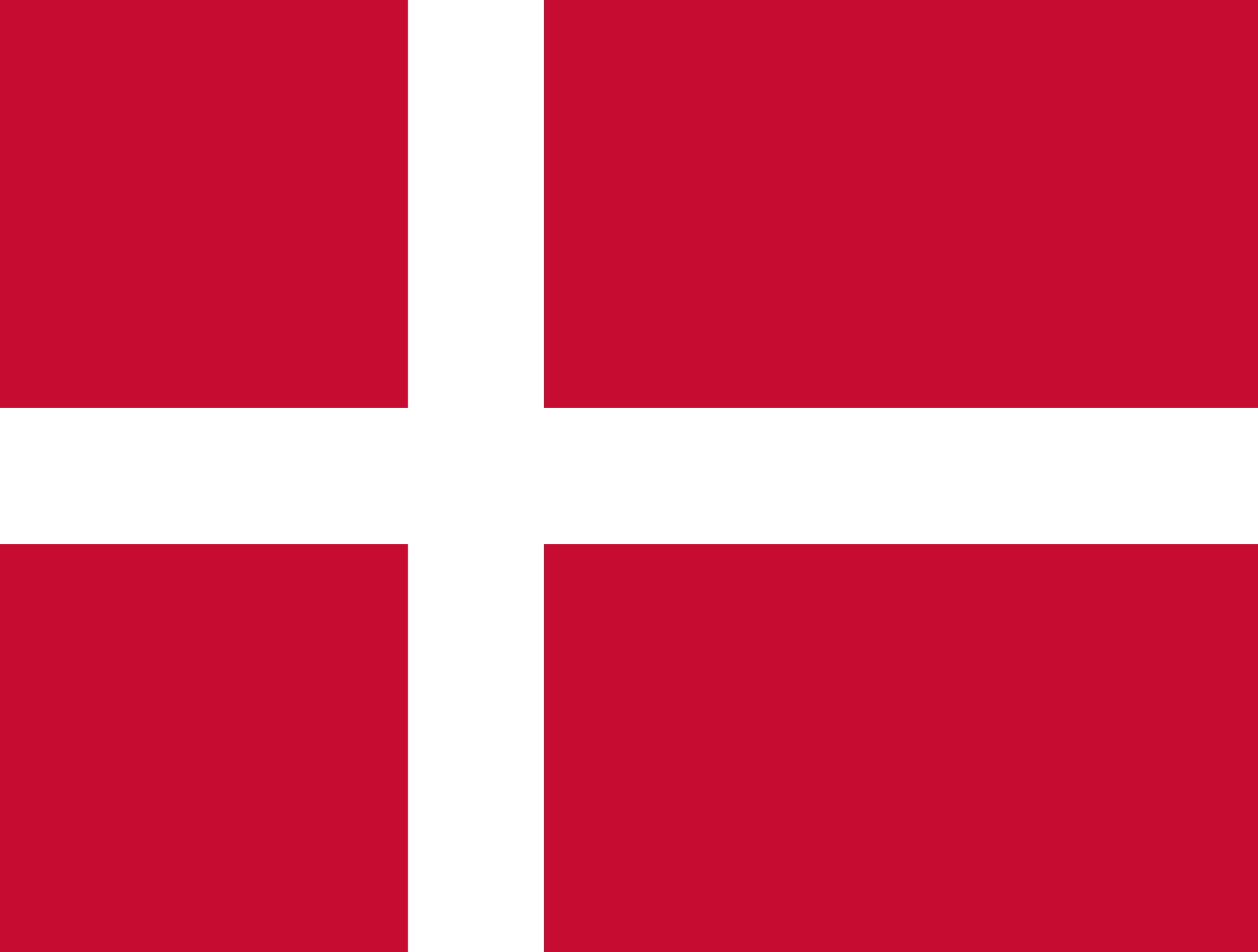Clean water supports the wellbeing of rural communities in Afghanistan
Afghanistan has been affected by over 40 years of conflict, recurring natural hazards, deepening poverty, and continuous displacements of populations. Between 2020 and 2021 COVID-19 has further aggravated existing severe vulnerabilities, while the political changes of August 2021 and the financial crisis triggered by the international sanction in response to the IEA takeover have only aggravated the already fragile situation in the country.
Accessing safe drinking water is an issue in most of Afghanistan because of the lack of infrastructure and resources and the issue is even more felt in districts badly affected by the ongoing drought and far from the city centres.
Shinkai district is a remote area in Zabul province, southern Afghanistan, where water availability is limited and poverty is widespread. People have to walk for 3km to collect safe drinking water or they have to fetch it from a contaminated canal.
Lal Mohammad is a 56-year-old father of 11 children and is a local farmer, “My younger son and I have to travel a long distance to collect water from a hand pump for all family. It’s tough in the winter because we live in the hilly part of the district and the all area is covered by snow” says Lal Mohammad.
“The contaminated water is causing a lot of health issues to the people. My children are affected too and the youngest one always complains about her kidney”, he adds.

“But now, thanks to DACAAR work in the district we can access water from the rehabilitated hand pump. Also, they have work in the local clinic rehabilitating the water source and the latrine facilities, so now the clinic conditions are much better”, says Lal Mohammad with a smile
DACAAR will rehabilitate 50 water points and support 2 health clinics with improved WASH facilities in the Shinkai district (Zabul). In addition to repairing the hand pumps, DACAAR will train community mobilizers to conduct hygiene education sessions on critical hygiene practices, including personal hygiene, safe water storage, and how to keep their homes clean for the surrounding communities.
The project aims at supporting vulnerable communities by providing WASH support as water supply systems rehabilitation, provision of emergency latrines and baths, hygiene education sessions coupled with the distribution of hygiene kits. Further, DACAAR will rehabilitate and improve WASH infrastructures in health clinics, so that they can provide a better support to those that come seeking help.
Written by: Razmaa Saboor
 Danish
Danish